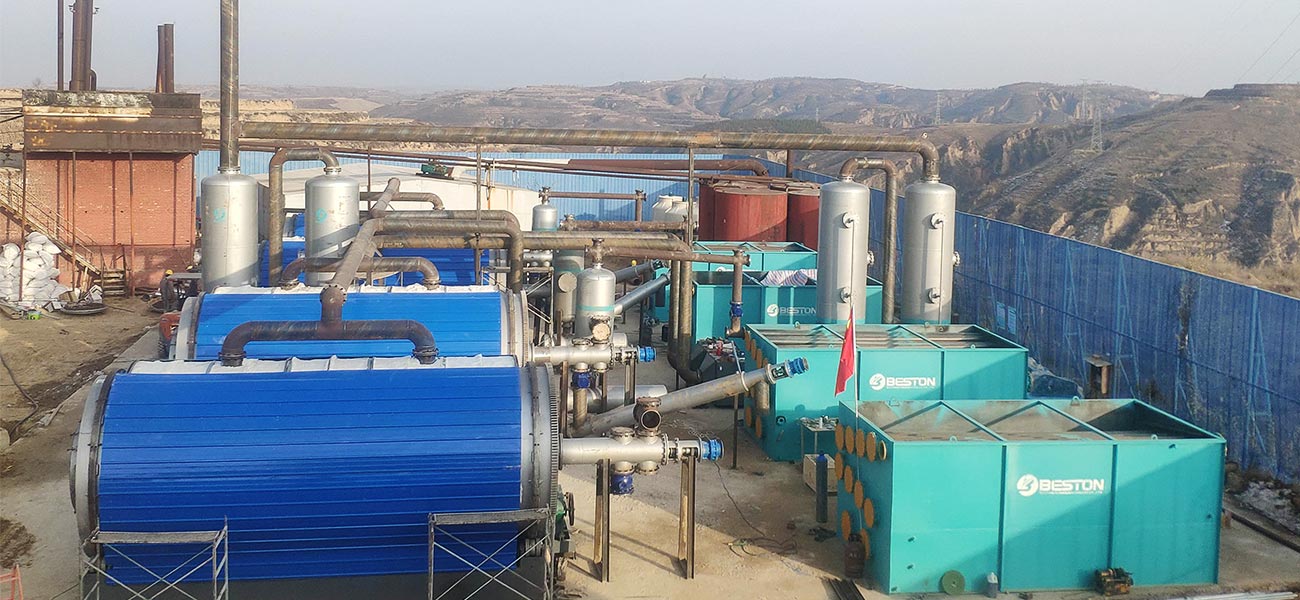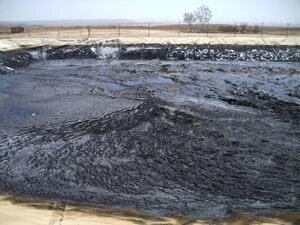In the quest for sustainable waste management solutions, the Thermal Desorption Unit (TDU) emerges as a groundbreaking technology. This innovative system plays a crucial role in addressing environmental pollution by efficiently treating contaminated soils and industrial waste. This blog explores how TDUs contribute to sustainability, outlining their operational principles, environmental benefits, social impacts, and governance aspects, while highlighting the importance of integrating TDUs into modern waste management practices.
Understanding Thermal Desorption Units
A thermal desorption unit (TDU) is an advanced technology designed to treat contaminated soils and industrial waste by using heat to volatilize contaminants. This process separates hazardous substances from the solid matrix without destroying them, allowing for their subsequent collection and safe disposal or recycling.
How TDUs Work
- Heating: Contaminated material is fed into the TDU, where it is heated to a specific temperature. This temperature varies depending on the nature of the contaminants but generally ranges between 200°C and 600°C.
- Volatilization: The applied heat causes volatile contaminants to vaporize. These contaminants are then captured in the gas phase.
- Collection and Treatment: The vaporized contaminants are collected and treated in off-gas treatment systems, which may include condensers, scrubbers, or filters, to ensure that harmful substances are safely removed.
- Residue Management: The treated solid material, now free of volatile contaminants, can be safely reused or disposed of in compliance with environmental regulations.
Environmental Benefits of TDUs
Thermal desorption units offer several environmental advantages that make them an attractive option for sustainable waste management.
1. Reduction of Soil and Water Contamination
TDUs effectively remove organic contaminants, such as hydrocarbons, pesticides, and solvents, from soils. This significantly reduces the risk of soil and groundwater contamination, contributing to the restoration of polluted sites and the protection of ecosystems.
2. Minimization of Landfill Use
By treating contaminated materials onsite, TDUs reduce the need to transport and dispose of hazardous waste in landfills. This not only minimizes the environmental impact associated with landfill use but also conserves valuable landfill space.
3. Air Quality Improvement
The off-gas treatment systems in oil sludge pyrolysis plant for sale are designed to capture and treat volatile contaminants, preventing them from being released into the atmosphere. This helps improve air quality and reduce the health risks associated with air pollution.
4. Resource Recovery
TDUs enable the recovery of valuable materials from waste. For instance, treated soils can be reused in construction or landscaping projects, reducing the demand for virgin materials and promoting a circular economy.
Social Impact of TDUs
The deployment of TDUs has significant social implications, contributing to public health, community well-being, and economic development.
1. Enhanced Public Health
By effectively removing hazardous contaminants from soils and waste, TDUs mitigate the health risks associated with exposure to toxic substances. This is particularly important in urban areas and industrial sites where human populations are at greater risk.
2. Community Revitalization
Cleaning up contaminated sites through TDU technology can lead to the revitalization of communities. Remediated sites can be repurposed for housing, commercial use, or recreational areas, enhancing the quality of life for residents and boosting local economies. The plastic pyrolysis plant is also an recycling equipment.
3. Job Creation and Economic Growth
The operation and maintenance of TDUs create job opportunities in environmental engineering, technology development, and waste management. Moreover, the ability to reclaim and repurpose land can attract new businesses and investments, fostering economic growth.
Governance and Implementation of TDUs
Effective governance and strategic implementation are crucial to maximizing the sustainability benefits of TDUs. This involves regulatory compliance, stakeholder engagement, and continuous innovation.
1. Regulatory Compliance
TDUs must operate in compliance with local, national, and international environmental regulations. Ensuring that these units meet stringent safety and environmental standards is essential to their successful deployment and operation.
2. Stakeholder Engagement
Engaging stakeholders, including local communities, government agencies, and industry partners, is vital for the successful implementation of TDUs. Transparent communication and collaboration help build trust and support for TDU projects.
3. Continuous Innovation and Improvement
Investing in research and development is key to advancing TDU technology. Continuous innovation can lead to more efficient and cost-effective systems, broader applicability, and enhanced environmental performance.
4. Monitoring and Reporting
Regular monitoring and reporting of TDU operations ensure that they achieve desired environmental and social outcomes. This involves tracking the effectiveness of contaminant removal, compliance with emissions standards, and the impact on local communities.
Case Study: TDU Success in Action
A notable example of TDU success is the remediation of a former industrial site contaminated with petroleum hydrocarbons. By employing a TDU, the project successfully treated thousands of tons of contaminated soil, reducing pollutant levels to below regulatory limits. The treated soil was reused in local construction projects, while the recovered contaminants were safely disposed of, demonstrating the practical benefits of TDU technology in real-world applications.
Conclusion
Thermal Desorption Units represent a transformative approach to sustainable waste management. By efficiently treating contaminated soils and industrial waste, TDUs offer substantial environmental, social, and economic benefits. Their ability to reduce soil and water contamination, minimize landfill use, improve air quality, and recover valuable resources underscores their importance in modern waste management strategies.
As we move towards a more sustainable future, the integration of TDU technology will be essential in addressing the complex challenges of waste management. Through regulatory compliance, stakeholder engagement, continuous innovation, and effective governance, TDUs can play a pivotal role in creating a cleaner, healthier, and more sustainable world. See the Beston Group that has the greener goal.

